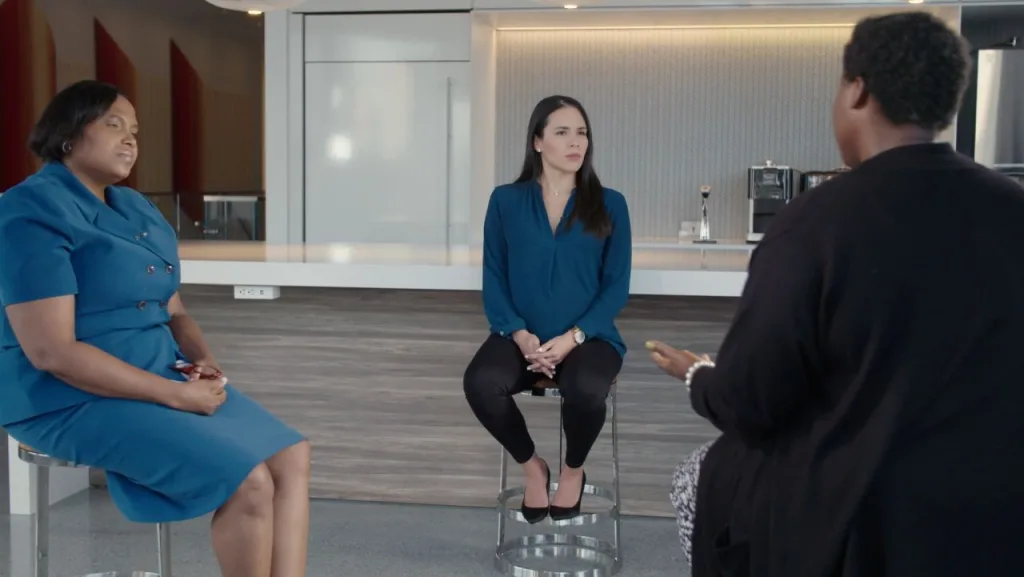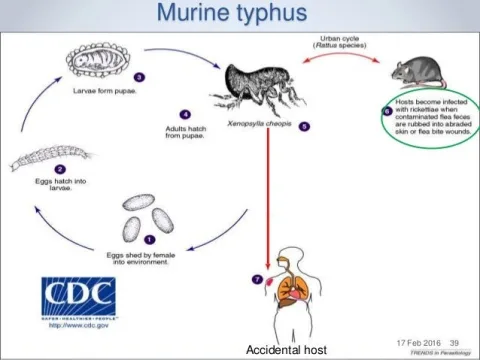School vaccine mandates have become a pivotal topic in public health discussions, particularly concerning the Measles, Mumps, and Rubella (MMR) vaccine. Recent polling data reveals that a striking 70% of American adults advocate for mandatory vaccination requirements for children attending public schools. This overwhelming support reflects heightened concern amid rising measles outbreaks across the nation. Parental support for vaccines is crucial, especially as experts emphasize the importance of childhood vaccinations in preventing serious health crises. The debate surrounding these mandates has gained intensity, as vaccine requirements directly influence the wellbeing of children and communities alike.
Mandatory immunization policies for school-aged children, particularly in relation to the MMR vaccine, play a crucial role in protecting public health. The push for parental endorsement of vaccinations has surged, parallel to the alarming rise of measles outbreaks nationwide. Public health experts are increasingly advocating for vaccine requirements to ensure that childhood vaccinations are met, highlighting the implications of vaccine reluctance on community health. Additionally, the discourse around parental choices versus collective health benefits remains at the forefront of discussions regarding effective immunization strategies. As communities grapple with these decisions, the importance of school vaccination laws cannot be overstated.
The Rise of Parental Support for School Vaccine Mandates
Recent polling data reveals a significant shift in public opinion regarding school vaccine mandates, particularly for the MMR vaccine. Currently, 70% of American adults support these mandates, indicating a growing consensus on the importance of childhood vaccinations. This increase from 63% just two years prior highlights the public’s awareness of the potential health risks associated with measles outbreaks, which have surged recently in several states. The support for mandates reflects a broader recognition of the need to protect not only vaccinated children but also those who cannot be vaccinated due to medical reasons.
This public sentiment contrasts starkly with the views expressed by public figures like Health and Human Services Secretary Robert F. Kennedy Jr., who argues against federal vaccine mandates. Regardless of political rhetoric, the concerns of many parents about the implications of unvaccinated peers on community health are evidently resonating more strongly within the public sphere. The argument for school vaccine mandates is not just about individual choice, but about collective safety and the wellbeing of vulnerable populations.
Frequently Asked Questions
What are school vaccine mandates for the MMR vaccine?
School vaccine mandates for the MMR vaccine require that children receive the measles, mumps, and rubella vaccinations to attend public schools. These mandates are designed to protect public health by ensuring high vaccination rates among students to prevent outbreaks.
How do school vaccine mandates affect parental support for childhood vaccinations?
Recent polls indicate that support for school vaccine mandates, especially for the MMR vaccine, is at 70% among American adults. This strong parental support reflects a growing consensus that childhood vaccinations are critical for community health and preventing diseases such as measles.
What impact do school vaccine requirements have on measles outbreaks?
School vaccine requirements for the MMR vaccine significantly reduce the risk of measles outbreaks by ensuring that a larger percentage of the population is immunized. High vaccination rates create herd immunity, which protects those who cannot be vaccinated for medical reasons.
Why are school vaccine mandates relevant during measles outbreaks?
In light of recent measles outbreaks, school vaccine mandates have become increasingly relevant as they play a crucial role in controlling the spread of the virus. Ensuring that children are vaccinated helps to mitigate health risks to both other children and adults in the community.
What are the arguments against school vaccine mandates?
Opponents of school vaccine mandates argue that parents should have the ultimate authority to decide whether to vaccinate their children. They often express concerns about mandatory vaccination policies being a violation of personal freedoms, as highlighted by recent statements from political leaders.
How does parental support for school vaccine mandates relate to government policy?
Parental support for school vaccine mandates, such as those for the MMR vaccine, influences government policy by demonstrating public approval for vaccination requirements as a means to safeguard children and prevent outbreaks. This support can encourage lawmakers to maintain or strengthen existing mandates.
What are the consequences of ending vaccine requirements in schools?
Ending vaccine requirements in schools, as seen in Florida, could lead to decreased vaccination rates, increasing the risk of preventable diseases like measles. This could result in a resurgence of outbreaks, threatening the health of the community, especially among vulnerable populations.
How do childhood vaccinations contribute to public health in schools?
Childhood vaccinations, particularly the MMR vaccine mandated in many schools, are vital for maintaining public health by preventing outbreaks of infectious diseases. Vaccinations protect not only vaccinated individuals but also those who are unable to receive vaccines due to medical conditions.
What do recent surveys say about support for school vaccine mandates?
Recent surveys indicate strong support for school vaccine mandates, with 70% of American adults favoring a requirement for the MMR vaccine. This represents an increase from previous years, underscoring a growing recognition of the importance of vaccinations in public health.
What role does the CDC play in school vaccine mandates?
The Centers for Disease Control and Prevention (CDC) plays a critical role in shaping school vaccine mandates by providing recommendations on vaccination schedules and safety. Their guidelines are often used by states to establish requirements for school attendance.
| Key Points |
|---|
| 70% of Americans support school vaccine mandates for MMR vaccines |
| This support has increased from 63% in 2023 |
| Only 18% believe parents should decide on vaccinations even with health risks involved |
| The rise in support coincides with increased measles outbreaks |
| Florida has ended vaccine mandates for school attendance |
| Sen. Bill Cassidy advocates for vaccine uptake due to rising whooping cough cases |
| Current measles outbreaks in Wisconsin highlight the urgency for vaccinations |
Summary
School vaccine mandates are supported by a significant majority of American adults, with 70% endorsing requirements for vaccinations such as MMR. This increasing support underscores a concerning public health trend as the country faces notable measles outbreaks. The dialogue surrounding school vaccine mandates is critical as it reflects both parental concerns and the need for community safety. With rising cases of measles and other preventable diseases, public health officials and policymakers must consider public sentiment while also addressing the health risks posed by non-vaccination.
The content provided on this blog (e.g., symptom descriptions, health tips, or general advice) is for informational purposes only and is not a substitute for professional medical advice, diagnosis, or treatment. Always seek the guidance of your physician or other qualified healthcare provider with any questions you may have regarding a medical condition. Never disregard professional medical advice or delay seeking it because of something you have read on this website. If you believe you may have a medical emergency, call your doctor or emergency services immediately. Reliance on any information provided by this blog is solely at your own risk.








